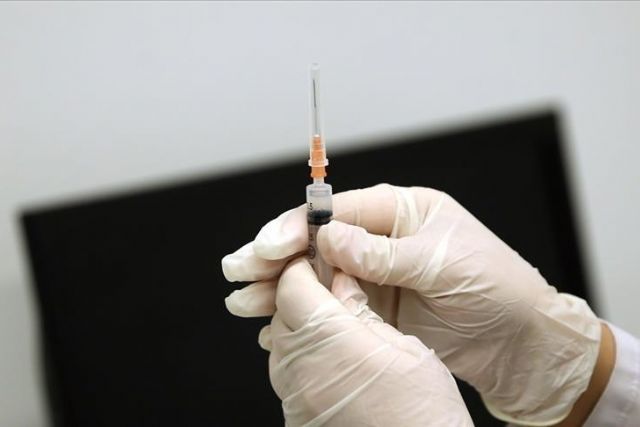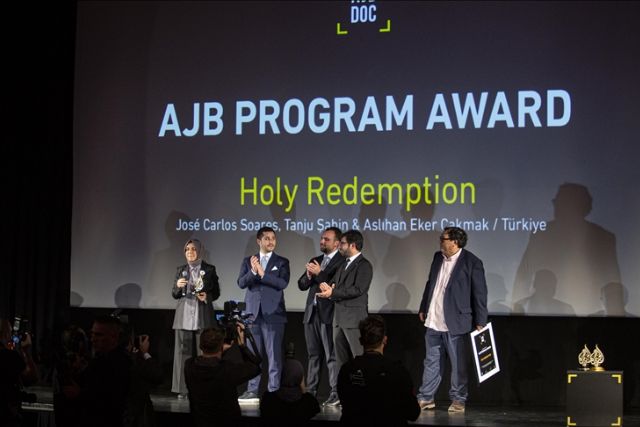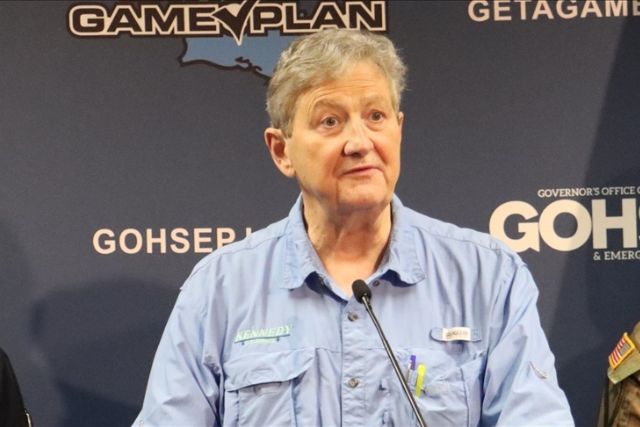Bangladesh’s ‘affordable vaccine pioneer’ brings hope to poor
Raman Magsaysay Award winner Firdausi Qadri explains battle against cholera, typhoid, and developing ‘affordable’ vaccine

DHAKA, Bangladesh
Top Bangladeshi immunologist Dr. Firdausi Qadri, who recently received Roman Magsaysay Award, said better sanitation and awareness were necessary to curb the recurrence of deadly cholera outbreaks.
Cholera is an acute diarrheal infection caused by the ingestion of food or water contaminated with the bacterium Vibrio cholera.
In an exclusive interview with Anadolu Agency, Qadri who received recognition for her role in developing affordable oral cholera vaccine (OCV) and the typhoid conjugate vaccine (ViTCV) said Rohingya refugee camps in her country's southern district of Cox's Bazar were also posing a challenge.
“The number of Rohingya in Bangladesh crossed one million mark and the displaced people were living in a very sprawling condition with an acute crisis of pure water and sanitation and it was a great challenge for us to prevent the spread of cholera in the camps,” she said.
The 70-year-old scientist leading the Mucosal Immunology and Vaccinology Unit at the Dhaka-based International Centre for Diarrhoeal Disease Research-Bangladesh (ICDDR-B), said the fight against cholera and typhoid, major diseases in Bangladesh, besides other Asian and African countries with poor access to safe water, sanitation, education, and medical care have posed the greatest challenge for her.
“For almost 60 years cholera patients have been coming to ICDDR-B for treatment but unfortunately there was no efficacious vaccine to prevent the disease. That was the subject of my interest and I felt the need for access to vaccination,” she said.
The scientist said the situation has improved in her country as there is a national cholera control plan and her organization is carrying out surveillance at 21 sites in Bangladesh.
The other two winners of the Raman Magsaysay Award for 2021, known as the Asian Nobel Prize, are Muhammad Amjad Saqib from Pakistan and Steven Muncy from the US.
Qadri said that the maximum annual fatalities in Bangladesh due to cholera are now 4,500. She said infections are still very high and millions of people suffer from this disease every year.
Qadri's affordable oral vaccine to curb cholera has become a blessing for poorer countries in Asia and Africa.
Urges help for young scientists
She also urged helping young and promising scientists by ensuring quality and state-of-the-art training and incentives to allow them to do innovative work.
Bangladesh is one of the 20 highest cholera-prone countries in the world, for want of clean water and sanitation.
“But it is not easy to ensure such facilities for so many people and so immunization with affordable vaccines is the easiest solution and I have been able to contribute here with my team,” said Qadri.
She said that her organization along with the World Health Organization had launched a vaccine campaign in Rohingya camps in October 2017, just within two months of their exodus from Myanmar, and vaccinated one million Rohingya within a few weeks.
“If we had failed to adopt the timely step, there would have been a disaster in the Rohingya camps,” she said.





